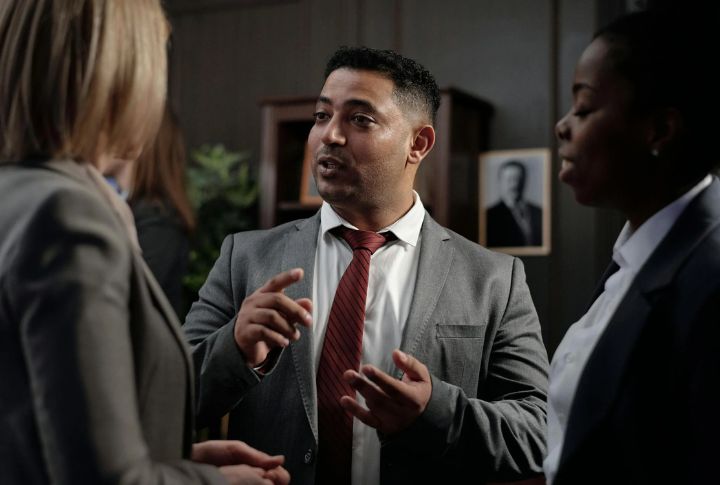
Becoming an executor sounds fancy—until you realize it’s less velvet gloves, more legal gloves. You’re not just closing chapters; you’re navigating paperwork piles, awkward family dynamics, and court deadlines. If your name’s on that will, here’s exactly what you’ve signed up for—and why it matters.
Notifies Beneficiaries And Heirs

When someone passes away, the executor becomes the messenger. Everyone named in the will has to be officially notified. That means emails, letters, or phone calls, sometimes even a lawyer visit. Surprises in wills? They’re real, and they can stir up tension fast. Legal timelines exist, too, so waiting isn’t an option.
Opens An Estate Bank Account

Opening a separate estate bank account is a core task on the executor’s checklist. It collects things like delayed wages and dividend payments. This same account is used to pay the estate’s bills. If funds aren’t kept separate, the executor risks personal liability, so timing and accuracy are critical.
Handles Legal Disputes And Will Challenges

Executors are legally responsible for handling any lawsuits or formal challenges to the will. Courts may delay or approve estate distribution depending on the dispute, and these cases can last for years. Most conflicts don’t arise over money; instead, unclear instructions and treasured personal items often cause the most disagreements among heirs.
Locates The Will And Official Certificate

Before anything can officially begin, the executor has to track down two things: the will and the official certificate. Sometimes, they’re right in a desk drawer. Other times, families find them inside books or old shoeboxes. Delays here can stall everything. And yes, several copies of the certificate are usually needed.
Closes The Estate Formally

The executor completes their duties by submitting a final report and requesting the court’s approval to formally close the estate. Certain cases require a hearing, especially when disputes arise. For more complicated estates, this final step can take over a year. Beneficiaries also have the right to object if anything appears mishandled.
Distributes Assets To The Rightful Heirs

Once legal clearance is received, the executor delivers everything as outlined in the will. That includes money, property, and even unexpected items like pets or heirlooms. Delays often frustrate heirs, making timing important. A wrong move here, such as distributing early, can result in personal financial responsibility for the executor.
Applies For Probate In Court

Applying for probate is one of the first legal steps. The executor submits the will and supporting paperwork to the court. This process grants official authority to manage the estate. Some states even offer informal probate options. Depending on the situation, a bond might not be required, saving time and money.
Manages Digital Assets And Online Accounts

It’s not just about bank accounts anymore. Executors now handle digital stuff, too—email, social media, cloud storage, and more. They cancel online subscriptions and secure important files. Plenty of people even forget about crypto wallets worth millions. Facebook? It lets users choose a legacy contact to manage their profile after passing.
Seeks Professional Help When Needed

Executors handle difficult tasks by consulting professionals such as attorneys or appraisers. Their guidance is critical for legal filings and asset valuations. Fees are paid from the estate. Many executors outsource paperwork-heavy duties to reduce risk. Several estates use neutral professionals who serve as full-time executors.
Keeps Detailed Records And Reports

An executor’s duties include tracking all financial details during probate, such as expenses and money received. Courts in certain jurisdictions require detailed financial reports, and heirs can request these records. To stay organized and prevent delays caused by missing or unclear paperwork, digital spreadsheets have become a popular tool.
